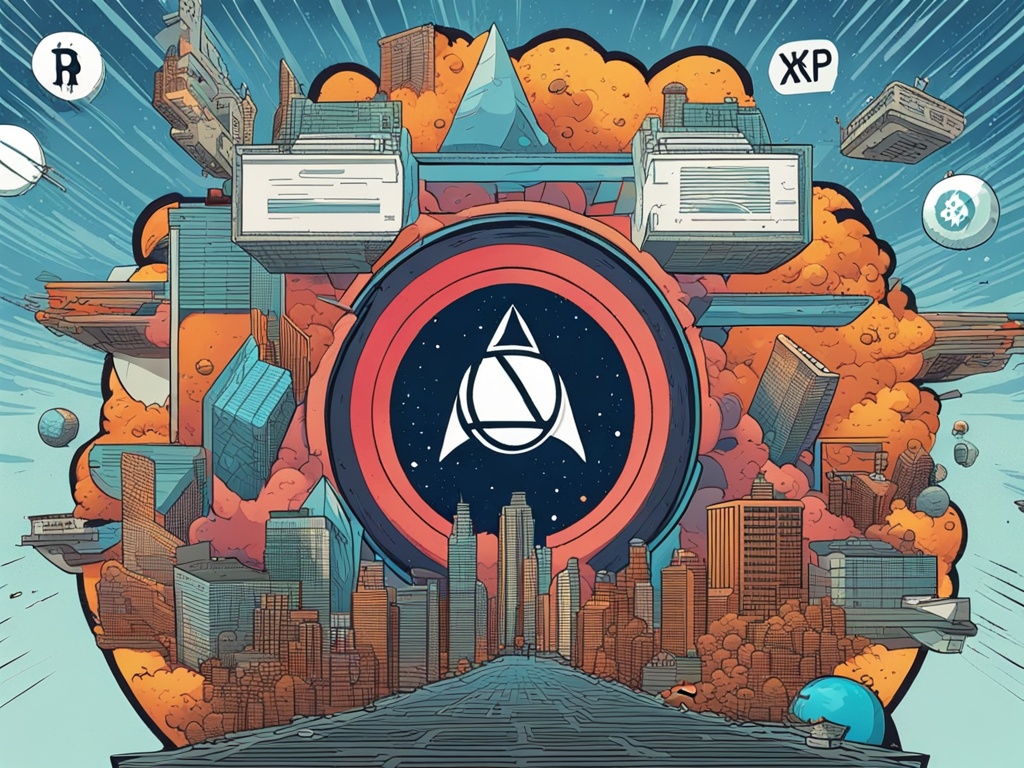Overview of Ethereum’s Recent Developments 🚀
Ethereum’s protocol developers engaged in important discussions during the recent bi-weekly All Core Developers Execution (ACDE) Call #203, which was led by Tim Beiko from the Ethereum Foundation. This meeting serves as a crucial venue for developers to exchange ideas and plan modifications to Ethereum’s execution layer, a fundamental aspect of the Ethereum ecosystem.
Pectra Devnet 5 Launch 🚀
At the forefront of the conversations was the introduction of Pectra Devnet 5, which was initiated shortly before the meeting was held. Parithosh Jayanthi, an Operations Engineer with the Ethereum Foundation, highlighted challenges regarding gas estimation on the newly launched devnet, affirming that further investigations will take place in the Ethereum Research & Development Discord to resolve these issues.
Updates on Pectra Specifications 🔧
During the discussions, developers delved into various updates to the Pectra code specifications, emphasizing five primary areas. Key proposals included EIP 7623, focusing on the management of gas refunds, and EIP 7840, which deals with adjustments to the base fee fractions. A significant clarification regarding EIP 7691 was made to ensure that excess gas calculations must occur following the fork boundary using the updated fork rules—this particular adjustment has already gone through testing with the relevant clients.
System Contract Audit and Future Testnet Plans 🔍
The meeting also saw Fredrik Svantes, a Protocol Security Researcher from the Ethereum Foundation, confirm that third-party audits on the Pectra system contracts have been finalized, with no notable issues identified. Tim Beiko took the opportunity to outline a timeline for planned testnet upgrades, aiming for deployments on the Sepolia and Holesky testnets by February. If these go smoothly, mainnet upgrades could follow by mid-March.
Gas Limit and RPC Standardization Discussions ⚙️
Another topic of interest was the proposal to set the Holesky testnet’s default gas limit at 36 million. This limit will be intentionally set higher than that of Ethereum’s mainnet to facilitate advanced testing of gas limit increments. Additionally, Geth developer Felix Lange raised concerns regarding the insufficient feedback on Ethereum JSON-RPC standardization initiatives, calling for more extensive discussions and possibly a specialized breakout meeting to tackle these matters effectively.
Node Requirements Clarification 📡
Kevaundray Wedderburn from the Ethereum Foundation sought insights on the essential hardware and bandwidth specifications for node operation. A distinction between validating nodes and full nodes was made, indicating that future discussions will focus on further refining these necessary criteria to ensure optimal node performance.
Upcoming EIP Editors Workshop 🔍
An upcoming workshop for EIP Editors, organized by the Ethereum Cat Herders, is set for January 17, 2025. This event promises to provide valuable knowledge about the EIP editing process and will encourage a high level of participation within the Ethereum community.
Hot Take 💡
This year’s discussions reflect significant progress and planning within the Ethereum development community. Ongoing initiatives like the Pectra Devnet 5 and revisions to key specifications highlight the commitment to enhancing the Ethereum ecosystem. As deadlines approach for various testing phases, the focus on gas limits and node requirements will undoubtedly play a critical role in how Ethereum evolves amidst a rapidly changing blockchain landscape.





 By
By
 By
By

 By
By

 By
By